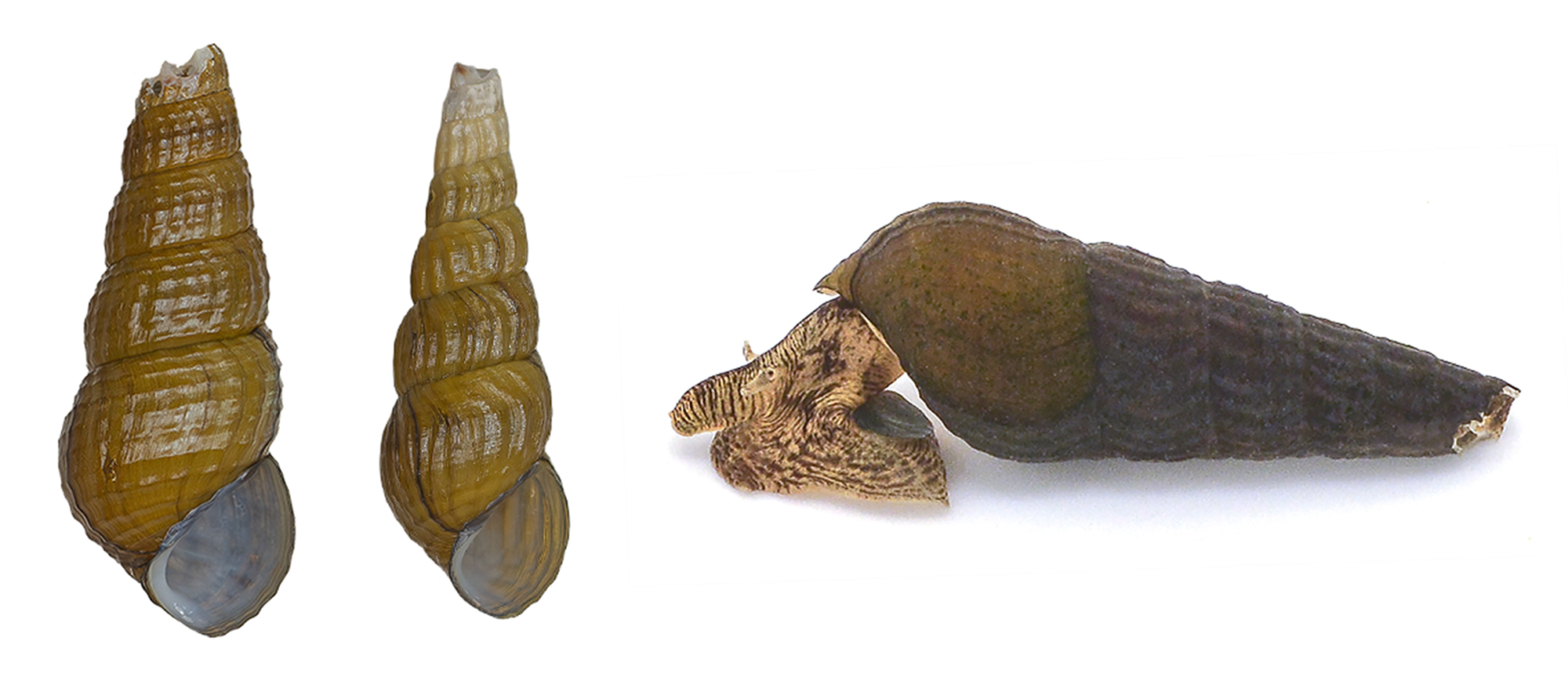2024-06-11 ノースウェスタン大学
<関連情報>
- https://news.northwestern.edu/stories/2024/06/soil-bacteria-respire-more-co2-after-digesting-non-sugar-carbon/
- https://pubs.acs.org/doi/10.1021/acs.est.4c01328
異なる有機物を基質とするバクテリアの代謝経路における不均衡な二酸化炭素排出が、炭素利用効率への寄与を変化させる Disproportionate Carbon Dioxide Efflux in Bacterial Metabolic Pathways for Different Organic Substrates Leads to Variable Contribution to Carbon-Use Efficiency
Caroll M. Mendonca, Lichun Zhang, Jacob R. Waldbauer, and Ludmilla Aristilde
Environmental Science & Technology Published:June 11, 2024
DOI:https://doi.org/10.1021/acs.est.4c01328
Abstract

Microbial organic matter turnover is an important contributor to the terrestrial carbon dioxide (CO2) budget. Partitioning of organic carbons into biomass relative to CO2 efflux, termed carbon-use efficiency (CUE), is widely used to characterize organic carbon cycling by soil microorganisms. Recent studies challenge proposals of CUE dependence on the oxidation state of the substrate carbon and implicate instead metabolic strategies. Still unknown are the metabolic mechanisms underlying variability in CUE. We performed a multiomics investigation of these mechanisms in Pseudomonas putida, a versatile soil bacterium of the Gammaproteobacteria, processing a mixture of plant matter derivatives. Our 13C-metabolomics data captured substrate carbons into different metabolic pathways: cellulose-derived sugar carbons in glycolytic and pentose-phosphate pathways; lignin-related aromatic carbons in the tricarboxylic acid cycle. Subsequent 13C-metabolic flux analysis revealed a 3-fold lower investment of sugar carbons in CO2 efflux compared to aromatic carbons, in agreement with reported substrate-dependent CUE. Proteomics analysis revealed enzyme-level regulation only for substrate uptake and initial catabolism, which dictated downstream fluxes through CO2-producing versus biomass-synthesizing reactions. Metabolic partitioning as shown here explained the substrate-dependent CUE calculated from reported metabolic flux analyses of other bacteria, further supporting a metabolism-guided perspective for predicting the microbial conversion of accessible organic matter to CO2 efflux.


